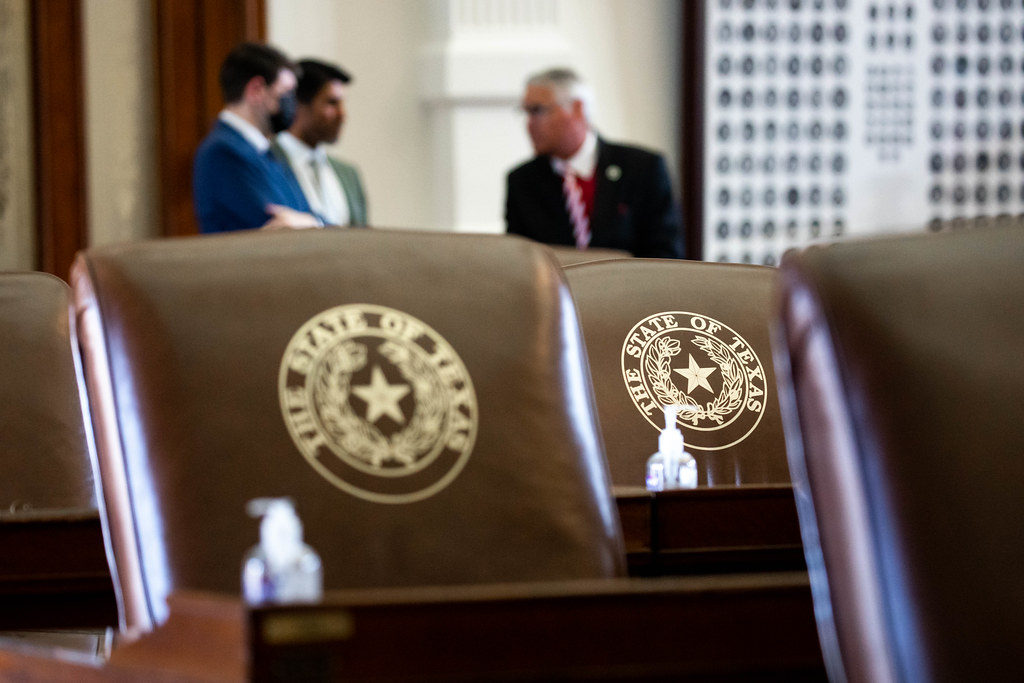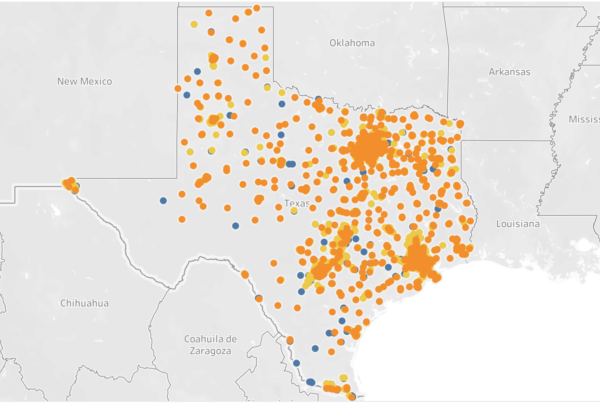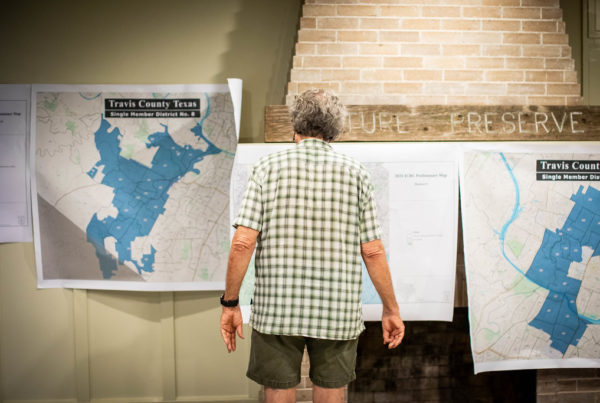It’s been a little over nine months since Texas lawmakers first gaveled in the beginning of the 87th legislative session. Since then, there have been two Democrat walkouts, three special sessions and more back and forth over hot-button issues than is possible to accurately count.
Lawmakers accomplished the must-do items of passing a budget and redrawing political district maps. They also passed Gov. Greg Abbott’s top priority bills from the session. So there’s a likelihood – though no guarantee – that the third special session will be the last.
Dallas Morning News Austin bureau chief Bob Garrett tells Texas Standard that Lt. Gov. Dan Patrick and the Republican Party came out on top overall. Losers, however, were Democrats and Texas’ Hispanic voters, Garrett says. Listen to the full interview with Garrett in the audio player above, or read the interview transcript below, to see how other top Republicans fared, and whether a possible fourth special session is on the horizon.
This interview has been edited lightly for clarity.















